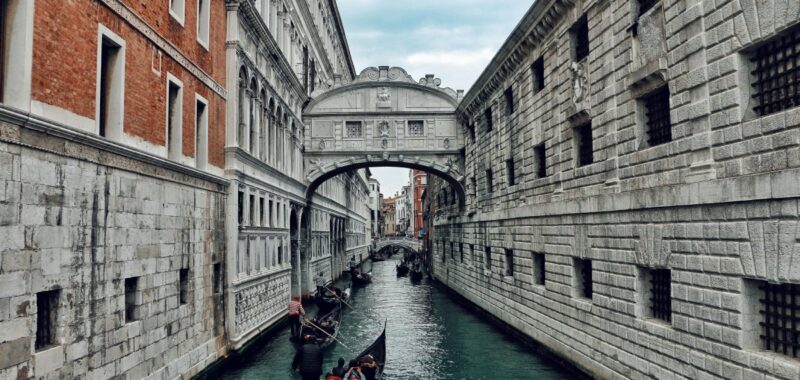Skift Take
After dipping their toes in the waters of tourist management, Venice’s officials are now diving in headfirst with entry fees on 54 days next year. Want to do a quick Instagram tour of St. Mark’s Square? That’ll be â¬5, grazie mille.
Venice is committing to its pioneering tourist entry fees, expanding the program to 54 days in 2025 after a successful trial run this year.
âThe experiment worked, and now we can move forward by maintaining the period but increasing the days,â said Venice Mayor Luigi Brugnaro.
Day-trippers will pay a â¬5 (about $5.40) fee to explore Venice on 54 selected days, roughly double the number of days the charge was in effect this year. The days will be scattered between mid-April and the end of July.
Like last year, day-trippers will still pay â¬5 on the government’s online platform. However, in a new move, those who book within three days of arrival must pay â¬10 ($10.83).
Municipal workers will continue to enforce the rules with random checks at rail stations, bus terminals, and other key access points, asking to see a QR code that visitors get when they pay the fee online. Residents, commuters, and overnight tourists will remain exempt.
Venice piloted the entry fee system this year to manage tourist flows and possibly discourage overcrowding during peak periods.
Simone Venturini, Venice’s deputy mayor of tourism, told Skift in June that the entry fee primarily targets Italian day-trippers from surrounding regions, with funds intended to support local maintenance and restoration efforts.
The government collected â¬2.4 million ($2.6 million) in revenue. Over 485,000 day-trippers visited Venice during the 29 days with fees. The volume of day-trippers never exceeded 2023 levels on those days.
Venice and its surrounding region hosted over 13 million tourists in 2023.
The city has been trying to address overtourism to improve residentsâ quality of life. In August, Venice banned group tours of more than 25 people and prohibited guides from using loudspeakers to reduce noise pollution and pedestrian congestion.
These efforts represent one of the most aggressive attempts by a major tourist destination to manage visitor flows while preserving local culture and infrastructure.
Latest News
Updated Oct. 1, 2024

